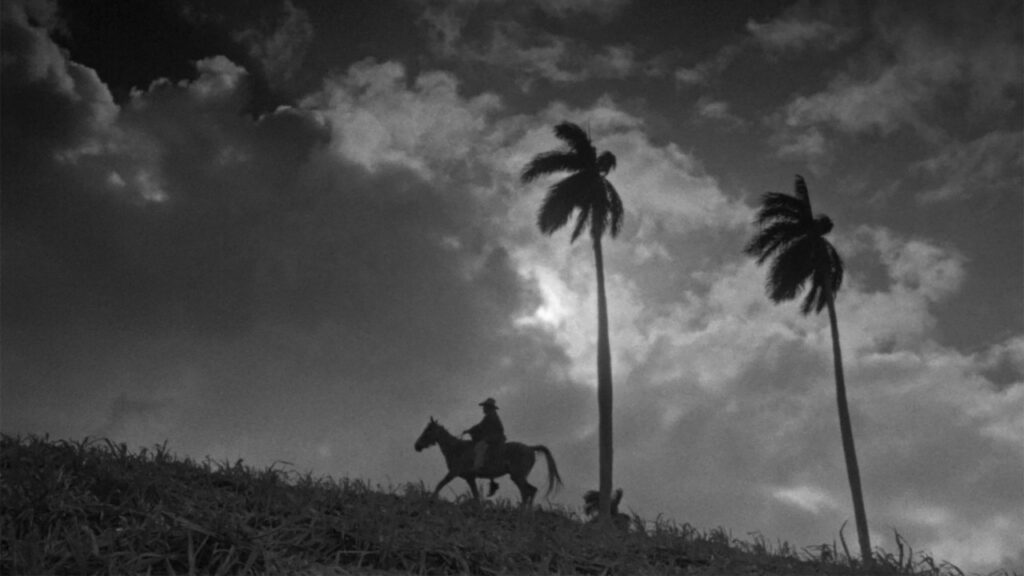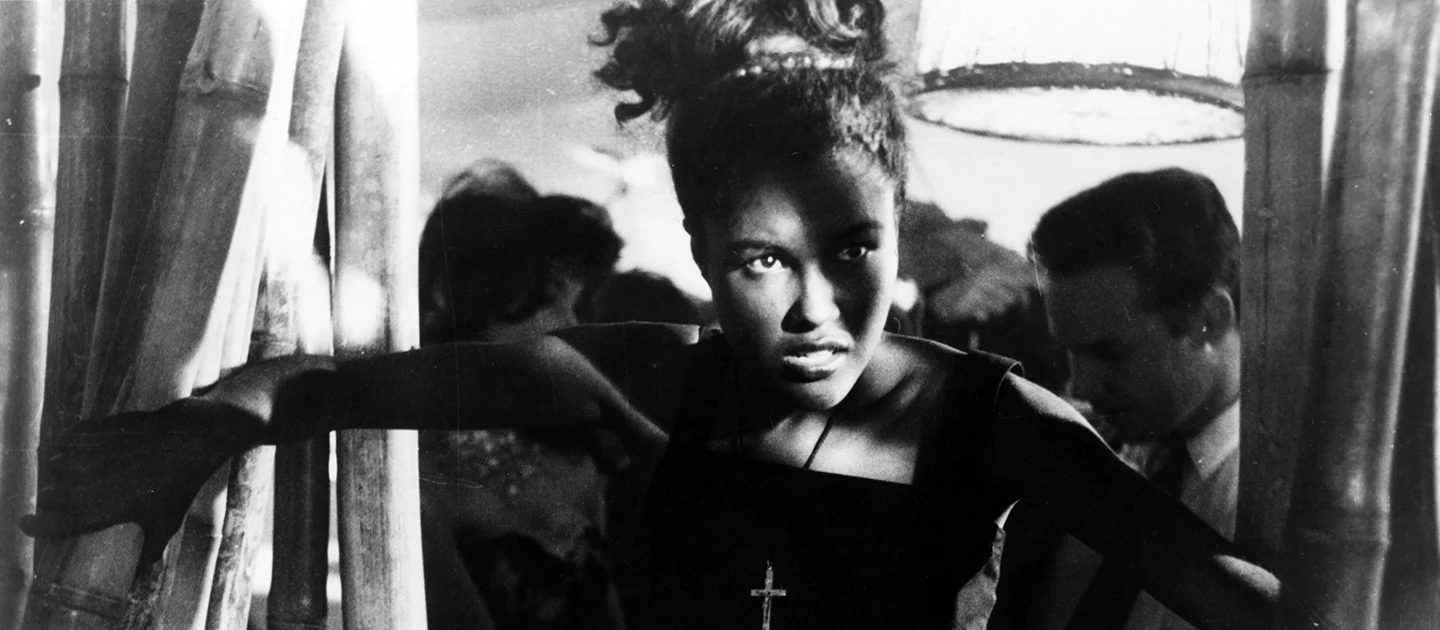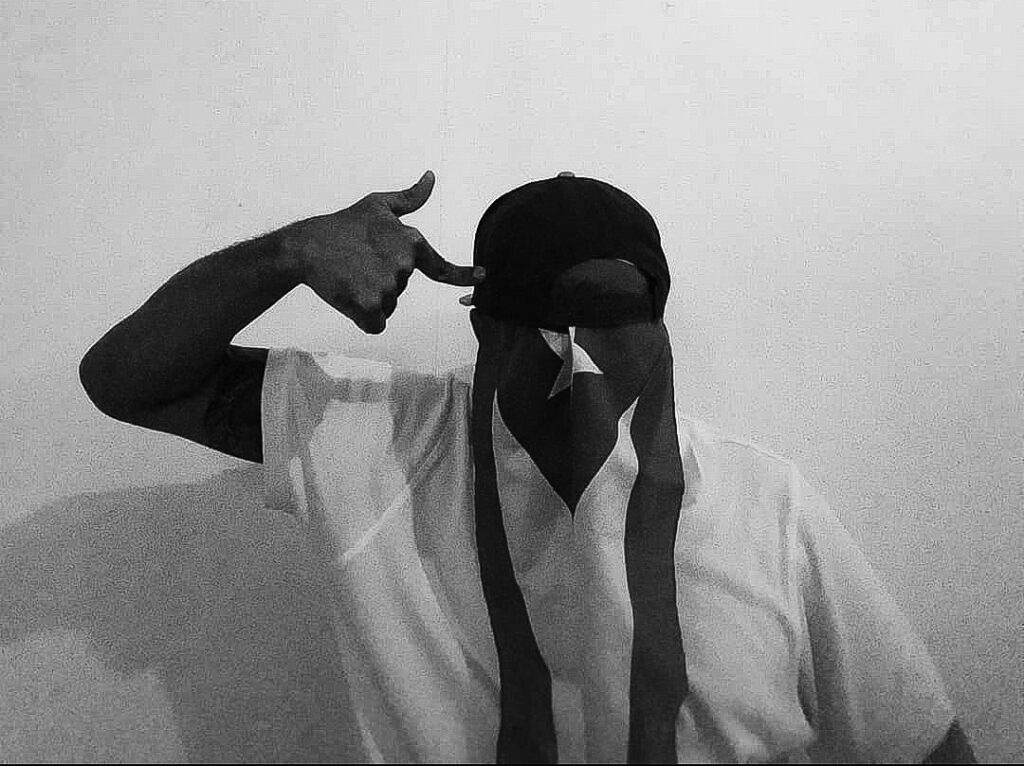Criterion released the rediscovered gem, I Am Cuba. They understood it was about time.
Since I was so eager to watch this film, I pre-ordered the Criterion 4K disc. I can now say that it was one of the best investments I’ve ever made. Mikhail Kalatozov’s film is more than simple “Marxist” propaganda. It’s a drama composed of four vignettes about Cuba on the cusp of the revolution. Although the stories consist of separate characters, they’re in chronological order. Everything unfolds, from the economic and social inequalities to the revolution. We see Western decadence, appropriation of lands, media lies, and ultimately, the people overthrowing Batista’s dictatorship during the runtime.
Looking for further information about this film, I found out this wasn’t a success on release. Cubans thought this film distorted the realities of the uprising, while the Soviets weren’t impressed either. And it makes sense cause rebellious looks spectacular, almost like a predecessor to Hollywood blockbusters. And the Western excess of materialism and hedonism looked too seductive for what they were expecting to see. Thus inadvertently portraying a utopic take on Havana before Castro’s insurgence.
It’s the magnificent way it looks.

After watching this masterful cinematic work, I don’t blame either side. One of the most visually impressive films ever done, it’s easy to misunderstand it as romanticization of the country under Batista’s regime. Sergey Urusevsky’s cinematography is spellbinding, a collection of breathtaking frames and astounding long takes that go beyond words to understand how majestic it really is.
It’s not hard to understand how other Soviet movies like Battleship Potemkin were more accessible and had more impact at the time than I Am Cuba. After all, this is a movie that was filmed after the revolution. Unfortunately, that didn’t work for the intended audiences. But what’s beautiful about cinema is that films seem to have a life of their own. Regard them as a classic sooner or later in time.
A Personal Experience

As a Puerto Rican in the diaspora, I had some nostalgia watching this film. Since it is the Caribbean, there are many cultural similarities. From the music to the Spanish-built buildings in Havana and Old San Juan to the mountains and our history with sugar canes. Did I mention the flags? Cuban and Puerto Rican flags look similar, don’t they?
The narration of Cuba herself brought tears to my eyes. There was an inexplicable sense of hope when I listened to her poetic voice. It reminded me of poets I’ve witnessed prophesying their poetry frequently in Puerto Rico. My mother is one of those poets, along with some other friends. Suddenly, I was on the island again and listened to our neighbor.
This is a film I wish all my family and friends on the island would watch. After all, it’s about a portion of the Caribbean. And how colonialism has affected us all or (in the case of Puerto Rico) keeps affecting us. Cause, after all, it may not have worked for Cubans and Soviets upon release. But for anyone else, the film evokes hope.
And still, if you’re not hopeful, the cinematography is fucking fire!



